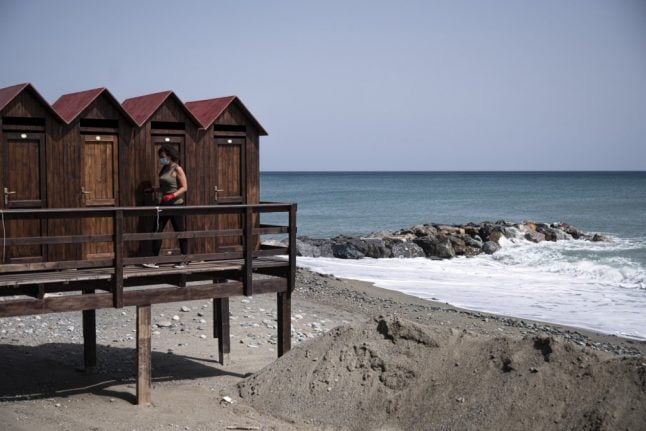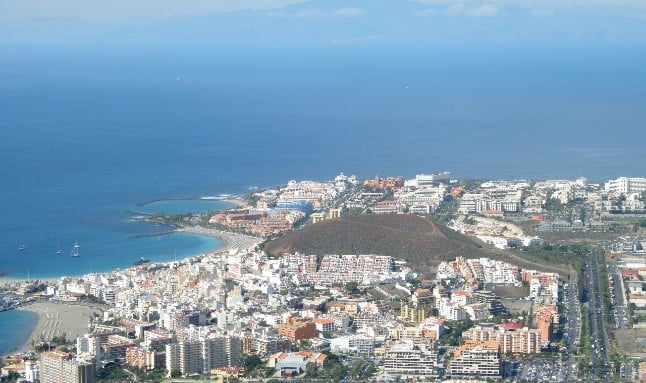Karin Keller-Sutter, the head of the Federal Department of Justice and Police, said the opening means that “tourism will be possible”.
But that may not necessarily be the case, at least initially.
Will we be able to go on holiday in the neighbouring countries?
It depends on several factors, including not only the health situation, but also internal restrictions of each nation.
European Commissioner Margrethe Vestager already said that “it’s not going to be a normal summer holiday season.”
The EU Commission published a report this week detailing “a phased and coordinated approach that starts by lifting restrictions between areas or Member States with sufficiently similar epidemiological situations”.
Italy, for instance, has not eased its entry restrictions yet, as it is still in partial lockdown, so holidays there seem unlikely for the time being.
READ MORE: 'This won't be a normal summer': How the EU hopes to save the holiday season
What about France? Can we spend a weekend in Paris or somewhere else in the country from June 15?
“Personally, I would not make a reservation yet”, Frédéric Journès, the French ambassador to Switzerland told RTS television.
For the time being, “I do not want to give you false hope. It is not yet decided,” he added.
Why, then, has Karine Keller-Sutter announced that travel would be possible?
It is likely due to the difference in interpretation of the agreement between Bern and Paris. For France, June 15th is the earliest deadline for easing border restrictions; for Switzerland, it is a date for a possible reopening of the borders.
“What I can say is that we maintain the border controls until June 15th. Then, depending on the situation, we will see how much we can loosen it”, Journès said.
He added that for the time being, travel of more than 100 kilometres from one’s home is prohibited in France, unless there is a compelling professional or family reason; this restriction will stay in place until June 2nd at the earliest. If extended, however, this measure would be a major obstacle to tourism, as it is unlikely that France will treat foreign tourists more favourably than its own residents, he added.
What about travel to Germany and Austria?
There is more chance of traveling to these two countries, as they have been less severely affected by the pandemic. Also, they don’t have drastic movement restrictions in place, like those implemented in France.
When will travel to other European countries, as well as to other continents, be possible?
Although Swiss International Airlines is resuming some of its services to various European destinations, as well as long-haul flights, in June, many nations, like Italy and Croatia, have not yet opened to tourism. Other destinations such as Greece and the UK, may require foreigners to be quarantined.
As far as North America is concerned, both the United States and Canada have a ban in place for non-essential travel from abroad, as do many countries in Asia and South America.
READ MORE: Swiss airline to resume some flights in June



 Please whitelist us to continue reading.
Please whitelist us to continue reading.
Member comments